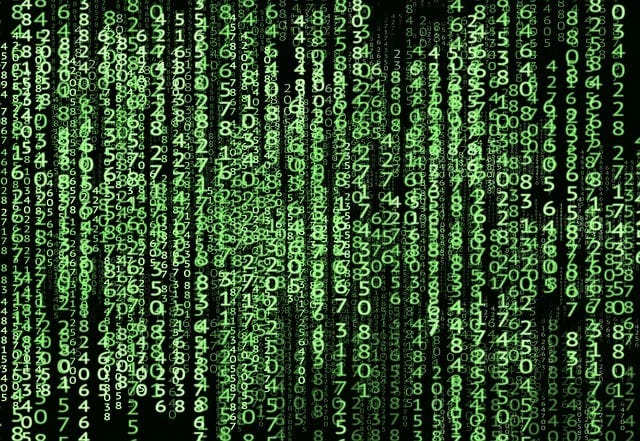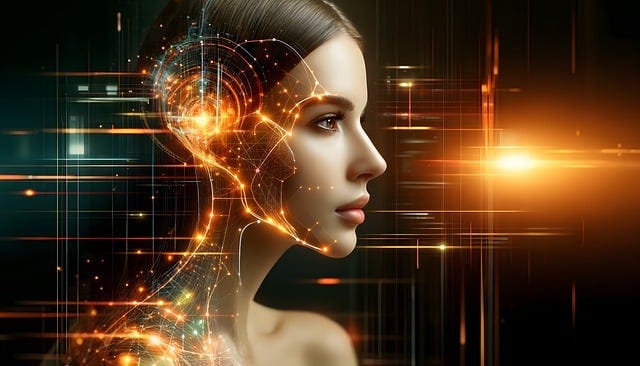In the contemporary era, information has developed into a dichotomous entity, serving as both a valuable resource and a perilous weapon. This transformation is largely attributed to the rapid advancements in technology and the establishment of digital platforms, which have revolutionized the creation, sharing, and consumption of information. Consequently, this significant change has permeated various spheres of society, from business and politics to interpersonal interactions and the public domain.
People, organizations, and even nations are now retrieving, processing, and using information as a sought-after resource. The creation of big data and analytics helped business leaders gain additional knowledge about consumer behavior and market trends. They make data-driven decisions, as they can use information to its fullest potential, adjust strategies, and lead the entire market. The situation is similar in terms of governments, which use information to determine the most workable policy, redistribute funds, and improve the quality of services.
However, the commodification of information has not been without its perils. It has sparked privacy concerns, ignited debates over data ownership and usage, and raised questions about the concentration of information in the hands of a few powerful corporations.
In the digital age, information has transcended its role as a resource and has emerged as a potent weapon. The ease and speed of content creation and dissemination on the Internet have given rise to disinformation and fake news. Exploiting the potential of digital technologies, both state and non-state actors have leveraged vulnerabilities to manipulate public opinion, exacerbate climate change, and erode trust. This weaponization of information has become a cornerstone of hybrid warfare, with adversaries employing propaganda campaigns and influence operations to destabilize societies and advance their geopolitical agendas.
The weaponization of information involves much more than spreading information in the framework of international conflicts. It’s used to target individuals, organizations, and communities. The anonymity and reach of the online world facilitate online harassment, doxing, and the dissemination of hate speech. The weaponization of information is used to crush the opposition and silence critics, undermining the foundations of democratic dialogue.
Given information's dual nature as a weapon and a commodity, it is imperative to develop a unified strategy to address the associated challenges. All governments should be concerned about the threats information poses to their sovereignty, security, and prosperity. Strengthening data protection laws and promoting digital literacy among the population are crucial steps. Additionally, the establishment and support of fact-checking units can help mitigate risks.
To counter the danger of disinformation and manipulation on the Internet, a combination of technical strategies and media and information literacy is essential. But it's not just about defense. By fostering a spirit of ethical information sharing, promoting critical thinking, and encouraging the public to verify their news sources, we can empower individuals and communities to combat the spread of misinformation. Media and news organizations play a vital role in promoting good journalism.
To conclude, the current two-way nature of information as a commodity and a weapon presents various new opportunities and challenges. On the one hand, information liberalization has opened up unprecedented possibilities for creativity and development, but also for power imbalances and invasions of privacy.
The weaponization of information has led to one of the most acute challenges to the sustainable operation of modern human society. However, the problem's scattered nature and dependence on the information dissemination platform make it especially challenging to tackle.
Thus, a combination of measures to protect vulnerable categories of society and deter malicious digital agents is likely to result in the best outcome. By reaching a compromise between the value of information provision and the need to protect society from malicious actors, a responsible and resilient information system can become a sustainable framework capable of preserving the best sides of the environment.
"The Matrix" is a famous science fiction movie that focuses on an environment where information is like a commodity. The movie is set in a dystopian world where people are slaves of machines, and the universe is the reality called The Matrix. Information becomes a commodity in this setting when different players in space control and manipulate this data.
Keanu Reeves's character, Neo, is one of the most well-known depictions of information as a commodity in The Matrix. Neo is a computer programmer who sells illegal software and information as a double identity hacker. In one of the first scenes of the movie, Reeves plays a character who exchanges information for money—this is how the film implies that the exchange and securing of information for profit is the norm.
As the plot unfolds, the story of The Matrix unfolds, and the transformation of information into a commodity by the capitalist system gains a new meaning. Thus, the machines that control The Matrix harness the power of the human body, using people as energy and sequestering them in a virtual reality prison while harvesting their bioelectrical power. In this sense, the machines and their AI program, The Matrix, view human minds as power and generate brutal docility. The information fed into The Matrix is deliberately distributed in order to generate the appearance of reality and restrict humans from questioning reality.
Morpheus, portrayed by Laurence Fishburne, is The Matrix’s dissident leader. Morpheus and his band of rebels strive to free enslaved humanity from The Matrix and expose the reality around them. Consequently, Morpheus recognizes the power of information by motivating humanity to rise against mental slavery. Morpheus and his team operate outside of The Matrix, spying on the agents and countering The Matrix using the information. Information thus becomes combat to the evil of slavery by opposing the dominion and encouraging uprisings.
The Matrix even provides results of information control and manipulation. As a result, agents who are sentient programs responsible for maintaining The Matrix’s order blast the truth in their way. Therefore, they consider opponents of The Matrix as clear and use the information to destroy them. Being in control of vast databases and surveillance systems, the agents generate tremendous situations to guard The Matrix’s integrity. Consequently, the ability to blast reality provides a scale tipped heavily in The Matrix’s favor.
Moreover, the idea of choice and free will is questioned through the concept of the commodification of information in “The Matrix.” “The Architect,” the creator of The Matrix, is the first to imply that the system indeed sets the choices for people. Despite the fact that they are living in a simulation, people still think they have free will and follow predetermined paths based on the data they receive from the system. In this way, the idea of individual autonomy is undermined, and the reality factor is questioned in terms of how the information people receive and consume affects their decision-making and perception of choices. In conclusion,
“The Matrix” proves to be an interesting investigation of information as a commodity in a futuristic dystopian setting. The movie portrays a world where everyone, from hackers like Neo to the machines enslaving humanity, either buys, sells, or controls information. The product that information becomes allows for control, manipulation, and resistance, outlining power relations when data becomes a resource. “The Matrix” subverts the idea of truth, or free choice, and the very nature of information reality when presenting The Matrix itself as a simulated environment.
As a result, the movie can be viewed as a cautionary tale and a celebration of how information commodification can lead to power and control and the opposite. The opposite is empowerment and freedom.








I love you guys
So true!!!